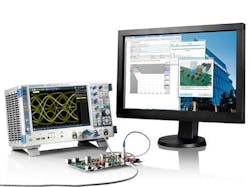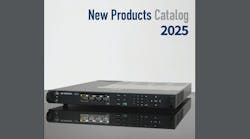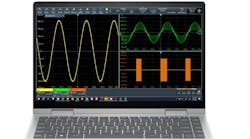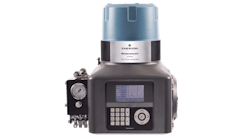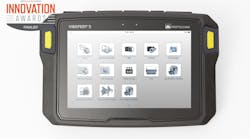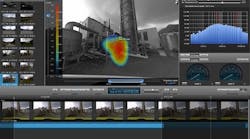Automotive Ethernet Trigger and Decode Solution
With the K58 option for its oscilloscopes R&S RTO and R&S RTP, Rohde & Schwarz launches the world’s first triggering and decoding solution for 1000BASE-T1, further extending its leading position in test solutions for automotive. Similar to the existing 100BASE-T1 or CAN bus analysis and decode capability, OEMs and Tier1 suppliers now have the possibility to analyze and decode the latest bus speeds at the leading edge of automotive digital design.
The flexibility of Automotive Ethernet makes the simple twisted-pair network technology ideal for an ever-increasing range of in-vehicle networks. In order to verify, commission, and troubleshoot designs based on an Automotive Ethernet communication link, it is important to have an instrument that is capable of not only measuring and verifying compliance to the standards but also decoding the messages and reliably triggering on them.
The K58 option for the R&S RTO and R&S RTP oscilloscopes provides a fast and efficient means to perform this analysis. Users can debug and verify their in-vehicle networks and ECU implementations. The decoded data can be displayed in a table as well as in the usual honeycomb diagram. Important parameters such as Idle, MAC or error frames are easily identifiable via defined colour codes. With the R&S RT-ZF7 probing fixtures, both the forward and reverse data streams can be decoded simultaneously. Additionally, the oscilloscopes support simultaneous decoding of up to four serial buses.
Comprehensive search functions simplify analysis of long signal sequences. Specific message types, content and errors can be quickly isolated. All detected events are shown in a table with timestamps. The user can then examine the individual events in a zoom window with the proper timing correlation and navigate between the events.
Combing the new trigger & decode functionality with the unique K35 bus measurements option, in-depth measurements like the error frame rate and number of consecutive frame errors, helps to determine quickly the stability of the link. More analysis of bus timing, such as the delay between frames or between any trigger event and the subsequent bus frame can be discovered. The error rates as well as frame timing are measured simultaneously, both very important for automotive applications such as for autonomous driving.
